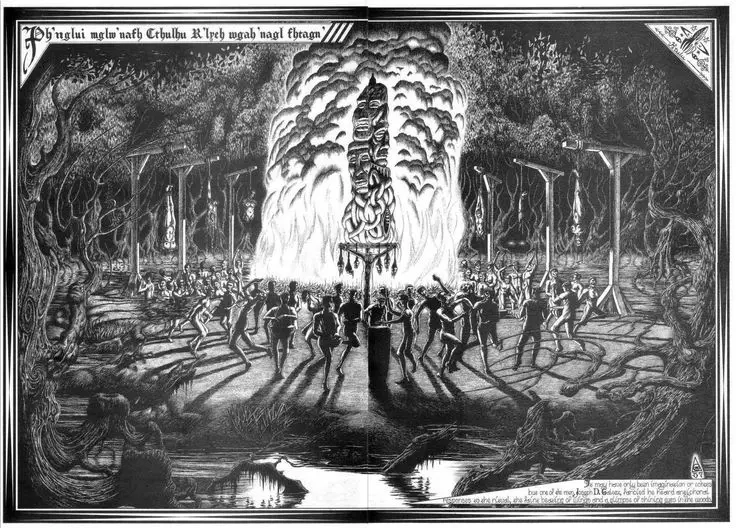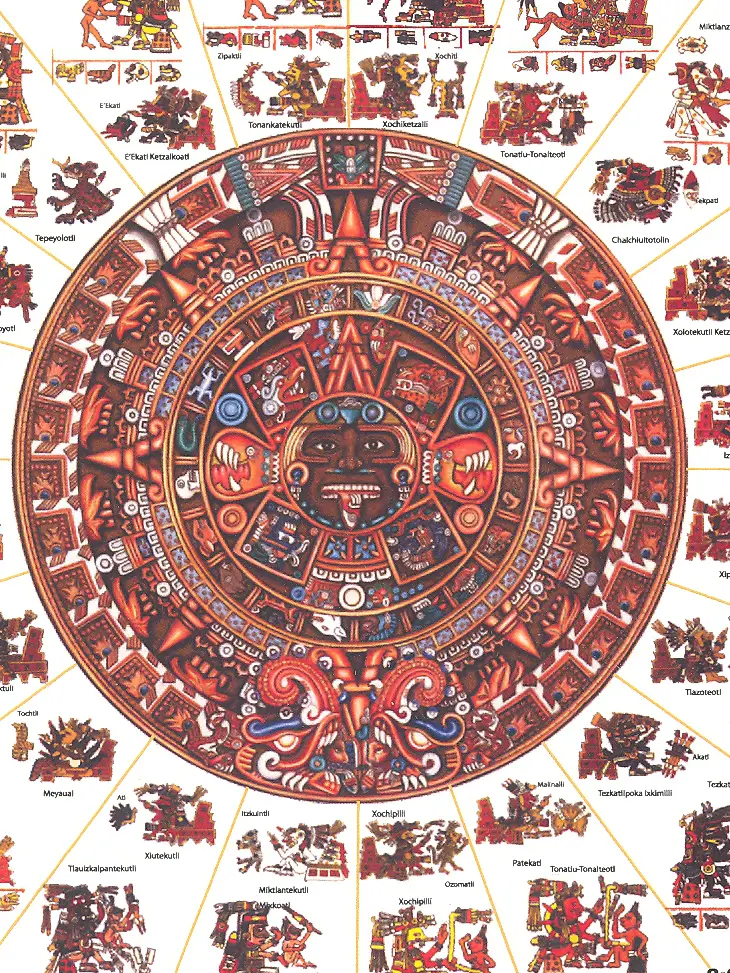(image: John Coulthart, "The Call of Cthulhu")
The presence of mythical-religious themes in the work of the "cosmic Poe" - as Jacques Bergier defined it - is of interest not only from a literary point of view, but also with respect to the relationship between modernity and this type of knowledge. As is now known even to non "experts", Howard Phillips Lovecraft defined himself as a «absolute materialist and mechanistic[1] persuaded that the world was the mathematical sum of physical impulses governed by chance and deriving human aspirations to mere fantasies. Yet, behind this profession of faith - which too many have stopped at when questioning the Loner of Providence - there is much more. For example, the fact that he had studied and therefore well knew the ancient myths of the West, Greco-Roman but also Germanic and Norse. Well, how are these interests related to yours World vision? Why should an enthusiastic follower of science and technology be passionate about those myths that the same followers of the Goddess Reason often relegate to expressions of a convoluted and premodern, "infantile" humanity? The contradiction, in reality, is only apparent.


